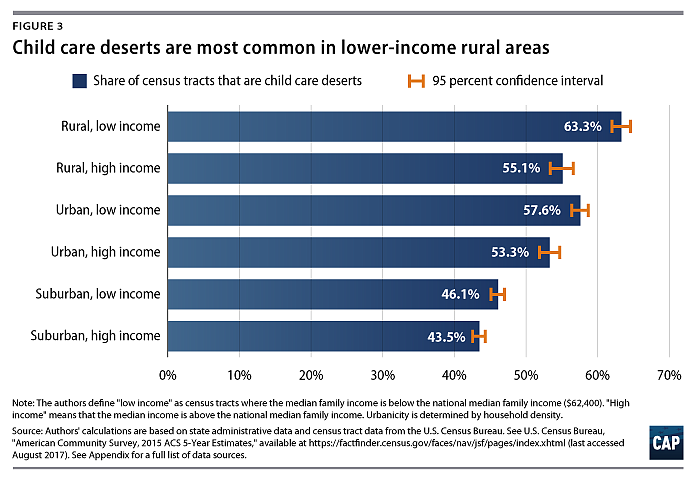Idaho works to combat childcare deserts
Boundary County and Bonners Ferry are considered childcare deserts in the United States, but Idaho lawmakers and educators are working to change this.
A childcare desert means there are not enough slots available for childcare and often out of reach financially for families to afford childcare.
According to the Idaho Association for the Education of Young Children (AEYC) Executive Director and Boise School Board Member, Beth Oppenheimer, “we do not have state-funded preschool as you would see in other states.”
When COVID-19 hit, many childcare providers shut their doors, and many parents had to step up to spend and care for their children with minimal resources.
“One of the things we’re working on in Idaho AEYC is how to provide more resources and knowledge around early childhood development for parents at home with their children and childcare providers,” Oppenheimer said.
Industry groups predict that one-third to half of the child-care programs may close permanently without significant public investment. Many economists warn as much as $50 billion will be needed to assist the industry as parents attempt to return to work.
According to a bipartisan nationwide survey, “Child Care in the Time of Coronavirus,”
43% of those working remotely said they currently need child care.
49% of those working in-person need formal child care amidst COVID-19,
only 8% saw no change in their previous child care provider’s availability.
Of parents currently working in-person, just 32% had someone in their household able to care for their child(ren).
An overwhelming 49 percent of Idahoans live in a childcare desert and are even more stricken with an increased need for early childcare providers for families returning to work.
According to research conducted by the Center for American Progress, “The limited
revenues available to early learning programs [in Idaho] leave the early childhood workforce woefully underpaid and restrict access to high-quality care to only the highest-income families.”
In the upcoming weeks, AEYC will offer virtual workshops for anyone who works with young children, including parents, family members, childcare providers and educators.
The focus will be on three different areas of child development. Everyone who participates in the workshops will receive a free materials package provided by Lakeshore Learning and Lee Pesky Learning Center.
The Early Learning Academy will offer three workshops on Sept. 26, Oct. 10, and Oct. 24.
The workshops will offer information on celebrating developmental milestones and addressing concerns, understanding trauma, Its impact on early learning and promoting literacy in the early years.
“These workshops are all funded by Idaho’s preschool development grant that we received in January on behalf of the governor,” Oppenheimer said, “One of the governor’s biggest priorities is early childhood literacy.”
According to Oppenheimer, in Idaho, half of all children are entering kindergarten without the necessary foundational skills they need to be prepared for school.
The goal of AEYC is to help parents and childcare providers establish vital connections with children and prepare them for those foundational skills needed.
“It is about that adult-child interaction and as supposed to doing worksheets and flashcards,” Oppenheimer said, “we’re not gonna flashcard our way out of this.”

